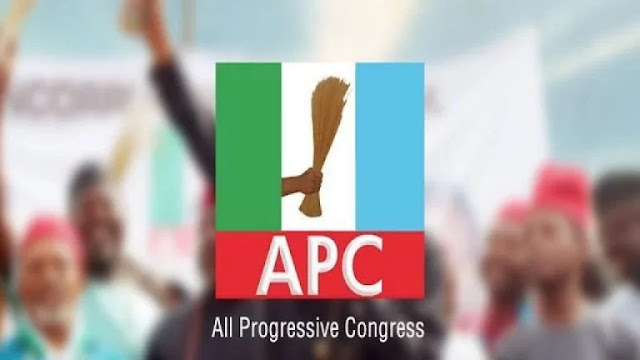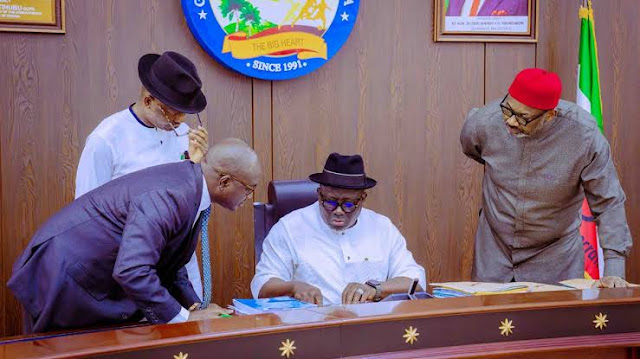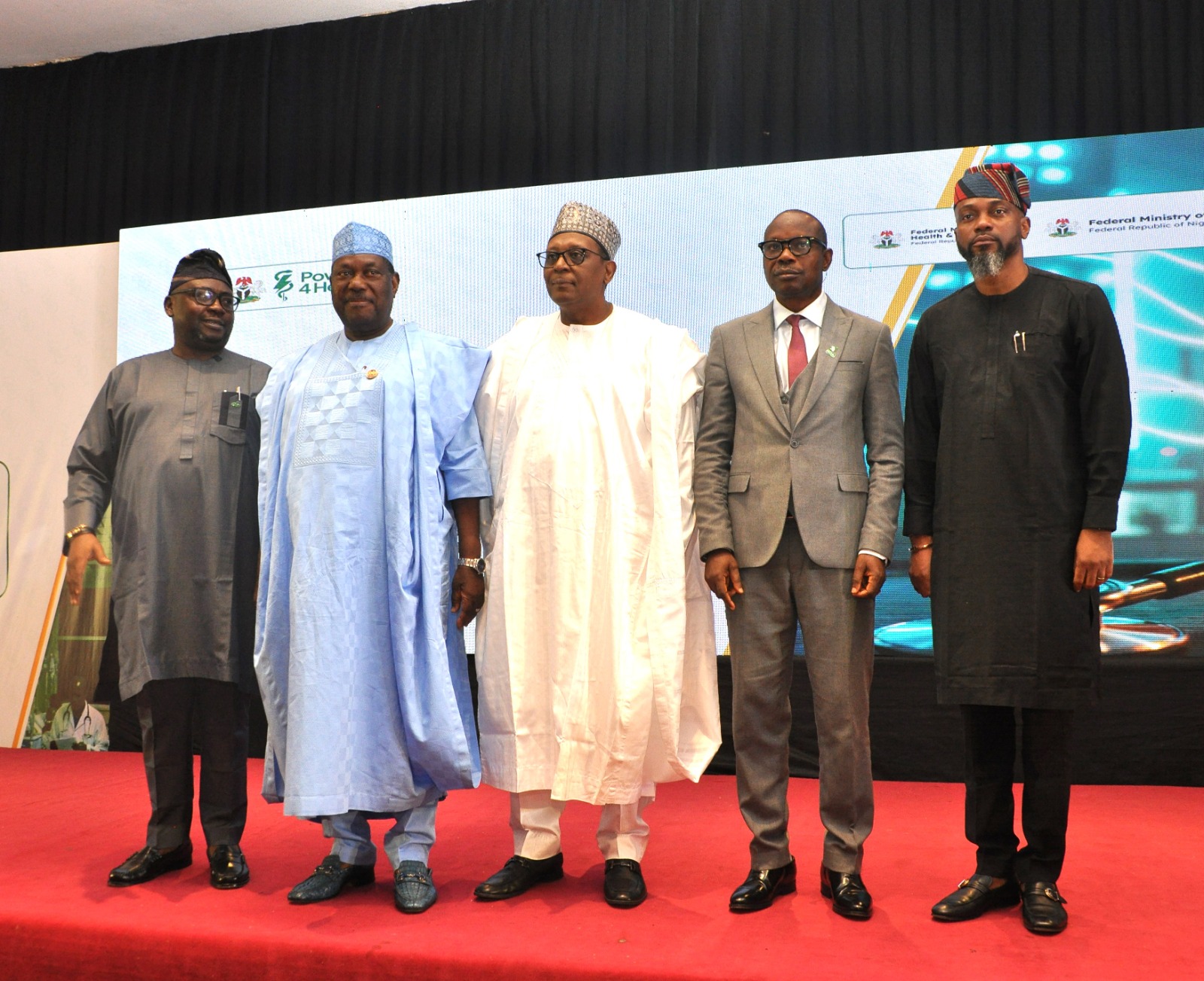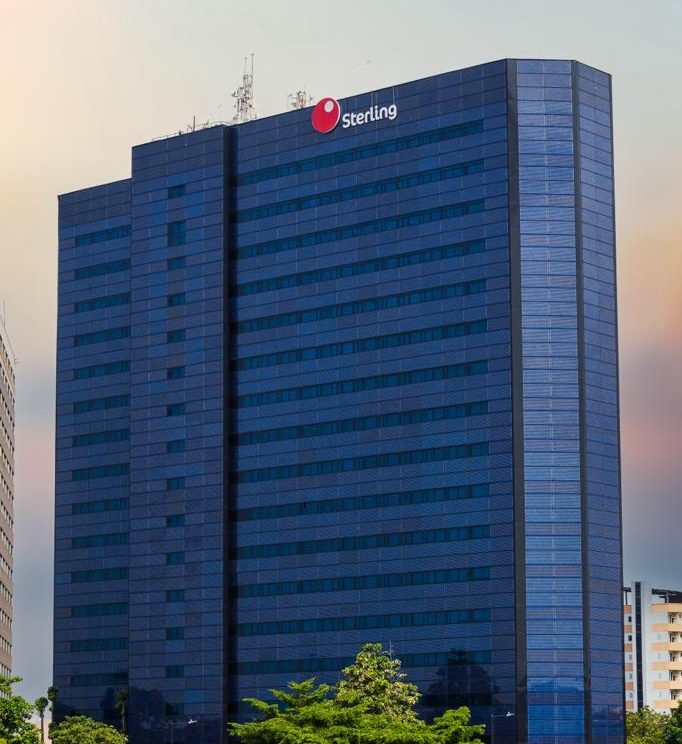In a significant development in Nigeria’s political landscape, the All Progressives Congress (APC) has announced the postponement of the highly anticipated inauguration of its Anambra State governorship campaign council. The decision, which was made public on September 11, 2025, has sparked widespread speculation and discussions among political analysts, party stakeholders, and the general public in Anambra State and beyond. The postponement, described as a strategic move by party insiders, underscores the complexities of political maneuvering in one of Nigeria’s most politically vibrant states as it gears up for the 2025 governorship election.
The APC, Nigeria’s ruling party at the federal level, has been intensifying efforts to expand its influence in the Southeast geopolitical zone, where it has historically struggled to gain a strong foothold. Anambra State, a key economic and political hub in the region, is seen as a critical battleground for the party as it seeks to challenge the dominance of the All Progressives Grand Alliance (APGA) and other opposition parties. The governorship election, scheduled for later in 2025, is expected to be a fiercely contested race, with significant implications for the APC’s broader ambitions in the Southeast and its preparations for the 2027 general elections.
Background: The Anambra Political Landscape
To understand the significance of the APC’s decision to postpone the inauguration of its campaign council, it is essential to examine the political context of Anambra State. Anambra, often referred to as the “Light of the Nation,” is one of Nigeria’s most economically vibrant states, with a rich history of political engagement. The state is known for its highly educated populace, thriving commercial centers like Onitsha and Nnewi, and a strong entrepreneurial spirit. Politically, Anambra has been a stronghold of APGA since 2006, when Peter Obi, a former governor and later a prominent national figure, led the party to victory.
However, the political dynamics in Anambra have evolved in recent years. The APC has been making inroads into the state, leveraging its control of the federal government and strategic alliances with local political heavyweights. The party’s candidate for the 2025 governorship election, Senator Andy Uba, is a well-known figure with a long history of political involvement in the state. Uba, who has previously contested for the governorship under different platforms, is seen as a formidable contender, backed by the APC’s national machinery and resources.
The APC’s campaign council was expected to play a pivotal role in coordinating the party’s efforts in Anambra, mobilizing grassroots support, and countering the entrenched influence of APGA, which is currently led by Governor Charles Soludo. Soludo, a renowned economist and former Central Bank of Nigeria governor, has been working to consolidate his administration’s achievements while preparing for a tough re-election bid. The postponement of the APC’s campaign council inauguration, therefore, raises questions about the party’s readiness and internal dynamics as the election draws closer.
The Postponement: Official Statement and Reactions
According to a statement issued by the APC’s National Working Committee (NWC) on September 11, 2025, the postponement of the campaign council’s inauguration was necessitated by the need for “further consultations and strategic planning.” The statement, signed by the party’s National Publicity Secretary, Felix Morka, did not provide a new date for the inauguration but assured party members and supporters that the decision was in the best interest of the party’s objectives in Anambra State.
“The All Progressives Congress has decided to postpone the planned inauguration of the Anambra State Governorship Campaign Council to allow for further consultations and strategic realignments,” the statement read. “This decision reflects our commitment to ensuring a cohesive and effective campaign structure that will deliver victory for our party in the forthcoming election. We urge our members and supporters in Anambra State to remain steadfast and continue their mobilization efforts at the grassroots level.”
The announcement has elicited a range of reactions from political stakeholders in Anambra and beyond. Within the APC, some members have expressed disappointment, arguing that the postponement could signal internal disarray or lack of preparedness. A party chieftain in Anambra, who spoke on condition of anonymity, described the decision as a “setback” but expressed confidence that the party would resolve any underlying issues and proceed with a stronger campaign structure.
On the other hand, opposition parties, particularly APGA, have seized the opportunity to criticize the APC, portraying the postponement as evidence of weakness. In a statement issued by APGA’s state publicity secretary, the party claimed that the APC’s decision reflects its inability to unite its ranks in Anambra. “The APC is clearly struggling to put its house in order,” the statement read. “Anambra people have consistently rejected the APC because they know it cannot deliver the kind of focused and people-oriented governance that APGA has provided under Governor Soludo.”
Political analysts, however, have offered a more nuanced perspective. Dr. Chidi Okeke, a political scientist based in Awka, suggested that the postponement could be a calculated move by the APC to address internal divisions and ensure that key stakeholders are fully aligned before the campaign council is unveiled. “Anambra is a complex political terrain, and the APC cannot afford to go into this election with a fragmented front,” Okeke said. “This delay might be an attempt to bring all factions together and present a united campaign team.”
Strategic Considerations Behind the Postponement
While the APC’s official statement cited the need for “further consultations,” several factors are likely to have contributed to the decision to postpone the inauguration. One key consideration is the need to resolve internal disputes within the party’s Anambra chapter. The APC in Anambra has been grappling with factionalism, with different groups vying for control of the party’s structure and influence over the governorship campaign. The selection of members for the campaign council is a sensitive issue, as it involves balancing the interests of various factions, including loyalists of Senator Andy Uba, other prominent party leaders, and new entrants into the APC from other parties.
Another factor is the need to align the campaign council with the APC’s broader national strategy. The party’s national leadership is keen to use the Anambra election as a springboard for strengthening its presence in the Southeast, a region where it has historically faced challenges. The composition of the campaign council, therefore, must reflect a mix of local and national figures who can project the APC’s agenda effectively. Delaying the inauguration could provide the party with additional time to recruit high-profile individuals and secure endorsements from influential stakeholders in the state.
Additionally, the postponement may be linked to ongoing negotiations with defectors from other political parties. In recent months, the APC has been actively wooing prominent politicians from APGA, the Peoples Democratic Party (PDP), and other parties in Anambra. Integrating these new members into the campaign structure requires careful planning to avoid alienating existing party members while maximizing the electoral value of the defectors.
The Road Ahead: Challenges and Opportunities for the APC
As the APC prepares for the Anambra governorship election, it faces both significant challenges and opportunities. One of the primary challenges is overcoming the entrenched dominance of APGA, which has maintained a strong grip on the state’s political machinery for nearly two decades. Governor Soludo’s administration has focused on infrastructure development, economic empowerment, and youth engagement, earning him considerable goodwill among Anambra residents. The APC will need to craft a compelling narrative to convince voters that it offers a better alternative.
Another challenge is the perception of the APC in the Southeast, where many residents view the party with skepticism due to its limited success in addressing regional concerns such as security and economic development. The ongoing insecurity in parts of Anambra, particularly in the southern senatorial zone, has been a major issue, and the APC will need to articulate a clear plan to tackle this challenge if it hopes to win over voters.
Despite these challenges, the APC has several advantages that it can leverage. The party’s control of the federal government gives it access to significant resources and influence, which can be deployed to support its campaign in Anambra. The APC’s national leadership, including President Bola Tinubu, has expressed a strong commitment to winning the state, and this could translate into high-level support for the campaign.
Furthermore, the APC’s candidate, Senator Andy Uba, brings a wealth of experience and name recognition to the race. Uba, who previously served as a senior aide to former President Olusegun Obasanjo, has a deep understanding of Anambra’s political dynamics and a network of supporters across the state. His campaign is expected to focus on economic revitalization, job creation, and infrastructure development, themes that resonate with Anambra’s youthful and entrepreneurial population.
Implications for the 2025 Governorship Election
The postponement of the campaign council’s inauguration has raised questions about the APC’s readiness for the 2025 governorship election, but it also provides an opportunity for the party to refine its strategy and present a united front. The composition of the campaign council will be closely watched, as it will signal the APC’s priorities and the level of support it has garnered from key stakeholders in Anambra.
For the APC to succeed in Anambra, it will need to overcome its internal challenges and present a cohesive and inclusive campaign team. The party must also engage effectively with the grassroots, particularly in rural areas, where APGA has traditionally enjoyed strong support. Mobilizing women, youths, and traditional institutions will be critical to building a broad-based coalition capable of challenging the incumbent government.
The postponement also has implications for other political parties in the state. APGA, PDP, and the Labour Party, which has been gaining traction in the Southeast since the 2023 general elections, are likely to intensify their own campaign efforts in response to the APC’s delay. The political landscape in Anambra is becoming increasingly competitive, and the coming months will be crucial in determining which party gains the upper hand.
Broader Context: The APC’s Ambitions in the Southeast
The Anambra governorship election is not just about control of the state; it is also a test of the APC’s ability to expand its influence in the Southeast. The region has been a difficult terrain for the party, with APGA and the PDP dominating the political space for decades. However, the APC sees an opportunity to capitalize on growing dissatisfaction with the status quo and position itself as a viable alternative.
Winning Anambra would be a major coup for the APC, giving it a foothold in the Southeast and boosting its prospects for the 2027 general elections. The party’s leadership is keenly aware of the symbolic and strategic importance of the state, and the postponement of the campaign council’s inauguration may be part of a broader effort to ensure that the party is fully prepared to seize this opportunity.
Conclusion
The postponement of the APC’s Anambra governorship campaign council inauguration is a development that has both immediate and long-term implications for the party and the state’s political landscape. While the decision has sparked concerns about the APC’s readiness, it also reflects the party’s recognition of the need for careful planning and strategic alignment in a highly competitive election. As the APC works to resolve its internal challenges and finalize its campaign structure, all eyes will be on Anambra to see how the party navigates the complexities of the state’s politics.
For now, the APC has urged its members and supporters to remain patient and focused, promising that the campaign council will be unveiled in due course. In the meantime, the postponement has added a new layer of intrigue to the Anambra governorship race, setting the stage for a fiercely contested election that will shape the future of the state and the Southeast region as a whole.









